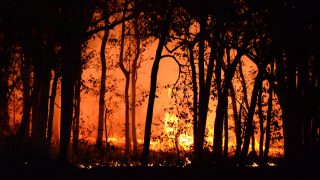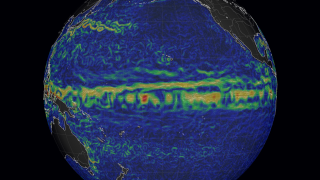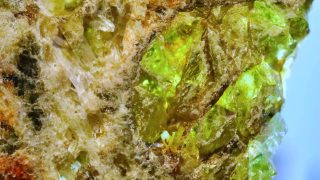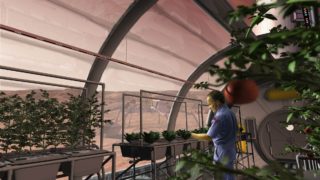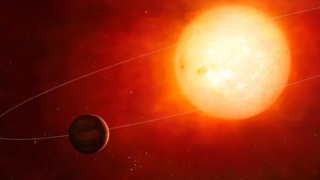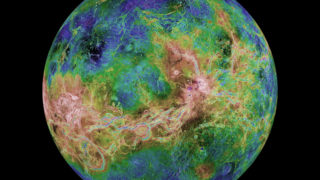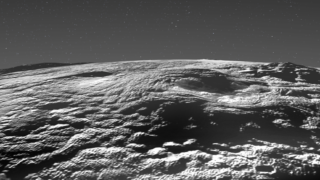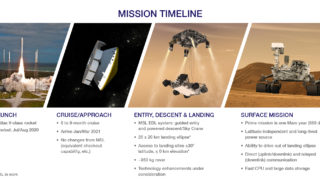
On real-life Mars exploration
Author: Ari Koeppel, Postdoctoral Scientist in Earth and Planetary Science, Dartmouth College Andy Weir’s bestselling story “The Martian” predicts that by 2035 NASA will have landed humans on Mars three times, perfected return-to-Earth flight systems and collaborated with the China National Space Administration. We are now 10 years past the Hollywood adaptation’s 2015 release and […]
